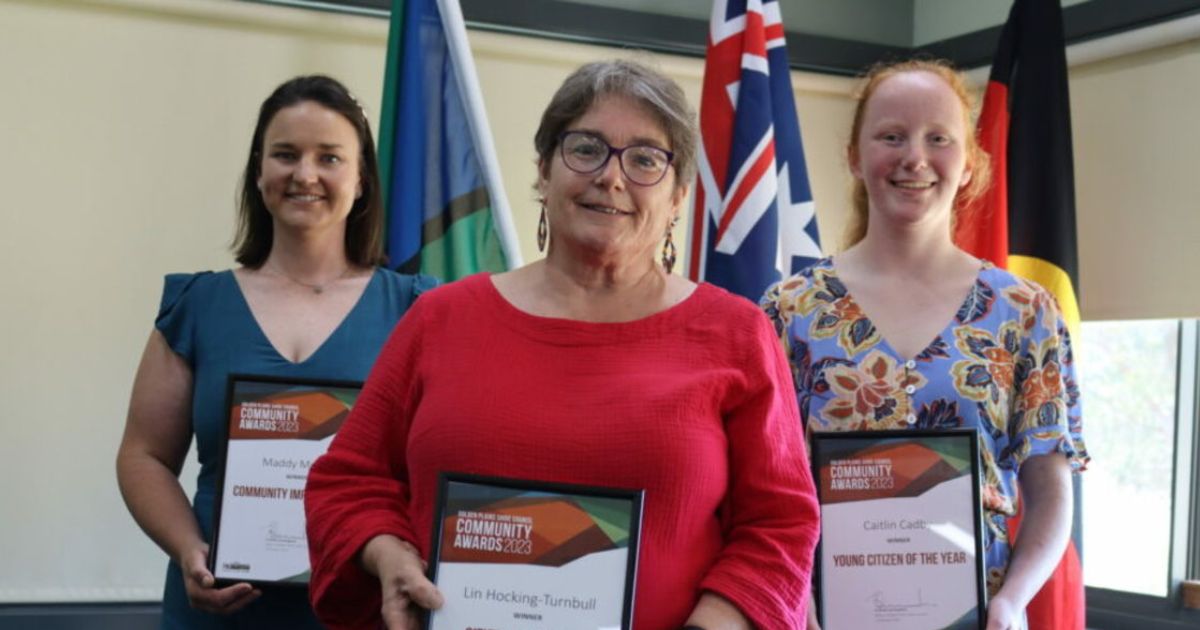High flying new CEO at BCH takes off

Watch this space: Sean Duffy sees a number of dynamic opportunities on the horizon for BCH to continue its position as a pivotal leader in health service delivery. Photo: SUPPLIED
WHILE Sean Duffy, with 25 years experience in the health and not-for-profit sectors, is eminently qualified for his new role as CEO at Ballarat Community Health, he is also a qualified pilot, an “Uber” driver to his two teenagers and barracks for the Blues.
Under his stewardship Mr Duffy sees BCH introducing new and exciting methodologies to develop and deliver dynamic service outcomes.
Firstly, he considers BCH is well placed, due to its existing services, to expand networks in the area of youth mental health and youth health services more broadly.
He wants to drive the enhancement of services to young people.
“We need to pay more attention to early intervention, not only in years but early in episodes.”
Mr Duffy sees this as a ‘one stop shop’ approach, with a whole range of youth specific services – clinicians, lawyers, family services and GPs – tailored and accessible at BCH.
“I am very keen to build this service and capability across Ballarat at the region, I think we have a responsibility to do it actually.”
Mr Duffy’s approach to a reluctance in some people using health services, which may stem from problems such as physically getting to a BCH centre, addictions, mental health issues and stigma attached to treatments, is the introduction and enhancement of technology delivered services.
“Research shows people of all ages access the internet to self diagnose checking in with Doctor Google,” he said.
Mr Duffy believes technology intervention – covering contact by phone, email, video calling in services like Skype, apps and internet advice directing patients to relevant treatment sites all of which have been tested and tried nationally – can be used and implemented successfully at BCH.
“I am very passionate about exploring where this can take us.”
Mr Duffy sees this new method as complementing existing BCH office-based services not replacing them with patients using technology once they have actually visited BCH.
“It’s almost like homework.”
He explains after a person has seen a clinician, counsellor or therapist they may need to do follow up such as breathing techniques, exercise and treatment routines.
All of which can be utilised via technology – log on to watch a video, open an app to design a safety plan or healthy eating plan – where ever they are, they can access technology to help do what it is needed.
Mr Duffy believes the right technology can help reach a broader demographic amid an age of self-diagnosis and industry focus on preventative health measures.
“It can have significant impact not just on clinical outcomes but also social outcomes and I want it to become more of the norm than the exception.”


















